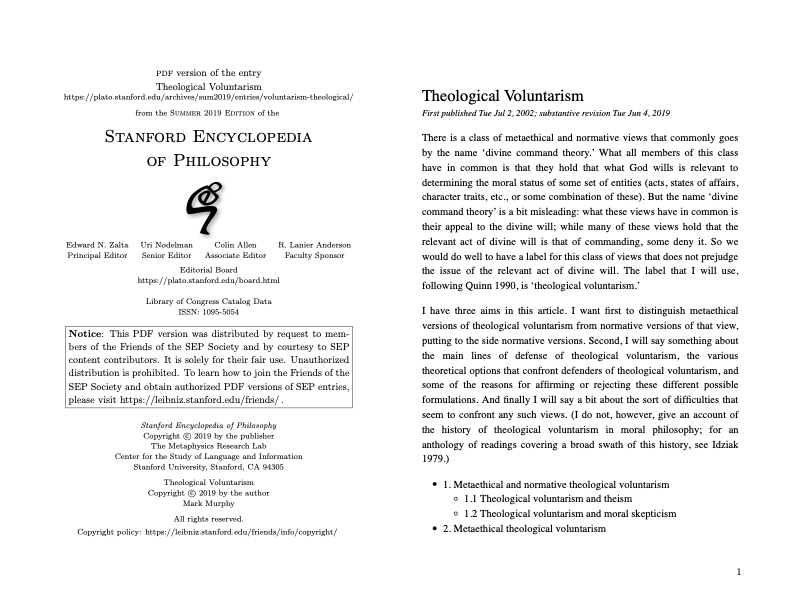“I had a terrible education,” Woody  Allen quips, “I attended a school for emotionally disturbed teachers.” Excoriating academics has always been a favorite pastime of those with common sense and philosophers have often been at the whipping post. The larger the word an academic uses to describe a seemingly simple concept, the larger the dose of vitriol administered. Just in this past week, I’ve read or been sent an abnormal amount of tomes rebuffing the well-degreed. I wrote a post by neuroscientist Sam Harris in which he said, “I am convinced that every appearance of terms like ‘metaethics,’ ‘deontology,’ ‘noncognitivism,’ ‘anti-realism,’ ‘emotivism,’ and the like, directly increases the amount of boredom in the universe.” Yesterday I was sent a link to this popular piece in American Thinker titled “America’s Death by Professor” in which the author (who clearly shares Allen’s sentiment), writing against the apparent intellectual elitism of the Obama cabinet opines, “Inside the Beltway, "Harvard know-it-allness" is a prized commodity; outside, its practitioners are largely regarded as "obnoxious and arrogant" in the classroom and "jaw-droppingly incompetent" out of it. Small wonder trust in government has hit a fifty-year low.”
Now, apparently, philosophers are getting into the mix. The Catholic magazine America reviews a new book by philosopher A.C. Grayling called Ideas that Matter. According to the review, Grayling doesn’t much care for the ostensive hoity-toityness of academic philosophers. The review quotes Grayling as saying,
Ever in search of justification for their existence, academics then poach the new debates, and drag them into the dessicating atmosphere of their studies, there to render them impotent and irrelevant again by means of polysyllabic refinements, distinctions, trifling objections, counter-theories, improbable counter-examples, pedantic minutiae, and a drowning flood of neologisms.
I haven’t read Grayling’s book yet so I can’t comment on the merits of the review. Certainly it takes no effort to poo-poo many academic philosophers (as one of my graduate professors once said, “Some philosophers are poo-pooable.”). And I’m a strong supporter of efforts to make philosophy more practical and relevant. But I also strongly believe that popular philosophy would be vacuous without the rigorous, seemingly pedantic work being done by those in the academy. It would be just as foundationless as popular Darwinism would be without the hard work of paleobiologists who spend hours and hundreds of thousands of dollars digging up bones or popular theology would be without the voluminous linguistic refinements of professional theologians (unfortunately we all know far too many cases when both Darwinism and theology are done without the benefit these foundations).
There are some very bad academics. But any discipline has its poor representatives who shouldn’t be called out as representatives of the entire field. In my own case, the difficult, pedantic, minutiae of academic philosophy has been instrumental in improving my thinking in thousands of practical ways. It may take hundreds of pages of text on a given subject that finally provides a key nugget of insight into a difficult problem that has significant pragmatic application. The men and women who labor over that text may never see the result of their labor. Even (especially) in work that I find deeply erroneous do I find a useful foil to my own irrepressible dogmatism and intractability.
Practical philosophy is not only an ideal but a necessity (it’s almost definitional). But in striving for good ideas that make life worth living, we shouldn’t forget that behind every idea that matters there’s a good philosopher.







